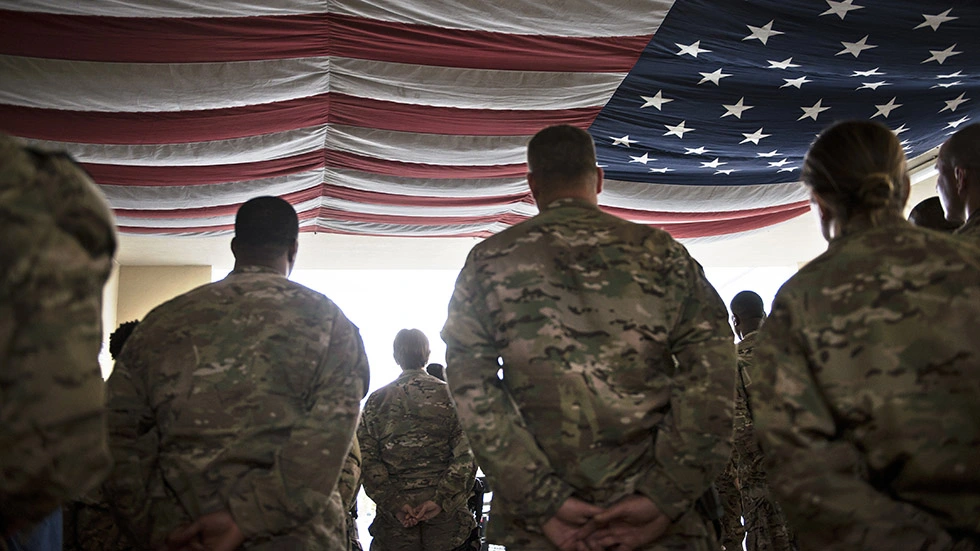
July 2, 2022 – Phil Knight of Nike, Bob Parsons of GoDaddy, Gordon Logan of Sport Clips, and Fred Smith who recently stepped down as the CEO of FedEx not only share the titles of entrepreneur, founder and CEO — they are veterans, too.
All four of these business magnates served their country with honor during a time of war, and they represent what might be a surprising data point to some. According to the U.S. Small Business Administration, veterans are 45 percent more likely to start and run a business than their civilian counterparts.
Veterans have pursued a life of service to our country, and business ownership provides a way for them to apply their talent and experiences while continuing to serve others and become leaders at the local level — giving them the ability to put down roots and weave their own story into the tapestry of a community.
Today, less than 1 percent of Americans serve in our military, making the recruitment and application of their uniquely honed skills and abilities post-military even more critical. While supply chain disruptions and the “Great Resignation” continue to challenge economic recovery, they also offer an opportunity to draw people into business ownership and execute intentional efforts to bring veterans back into the workforce.
As a nation, we’re precariously situated atop an economic bubble while an entire sector of the population is poised and eager to get to work — and the franchising sector in particular has emerged as a leader in the veteran recruitment space.
It allows veterans to go into business for themselves, but not by themselves, with the backing of a successful business model, defined procedures, and a robust team of support. As a result of a proactive recruitment strategy by the industry as a whole, 14 percent of the 770,000 franchises are owned by veterans, yet veterans only make up 7% of our general population.
The relationship is a mutually beneficial one: veterans come to the table already equipped with many of the tools necessary to become successful franchise business owners while simultaneously fulfilling their own desire to continue to serve their communities.
Take Logan, a U.S. Air Force veteran and founder of Sport Clips, whose company has been recognized as one of the top companies in the U.S. for supporting veterans, a mission central to his personal, professional and philanthropic life. One of his franchisees, U.S. Marine Corps veteran Cheston Syma, now owns 41 Sport Clips locations, saying, “Every aspect of my military past has helped me in achieving success in my business life.”
Mary Kennedy Thompson, who served eight years in the U.S. Marine Corps as a logistics officer, started in franchising 25 years ago as a multi-unit franchisee at Cookies by Design. Mary’s locations led the company in market penetration and sales, earning numerous top performer awards. Today, Mary is Chief Operating Officer for Neighborly, overseeing 13 brands in home services such as Mr. Rooter and Mosquito Joe.
More than 600 franchise brands offer discounts off franchise fees to veterans as members of the International Franchise Association’s VetFran program. The program was started more than 30 years ago by Don Dwyer, the founder of Neighborly (then known as the Dwyer Group), as a way to support veterans returning from the first Gulf War.
By opening new doors through franchise ownership, veterans are establishing themselves as valuable members who contribute to the vibrancy of the communities where their families live, work, and serve alongside their civilian counterparts. This ultimately gives them a sense of belonging and helps solve for the disconnectedness that a vast majority of them feel.
Local businesses have and will continue to be the driver for economic change and with those well-versed in leadership, discipline, and teamwork at the helm, the likelihood of their success is even greater. Veteran owned businesses have a payroll totaling over $210 billion every year and employ nearly 6 million people. In addition, veteran-owned franchises report average sales 3.2 times as large as veteran owned non-franchise businesses.



